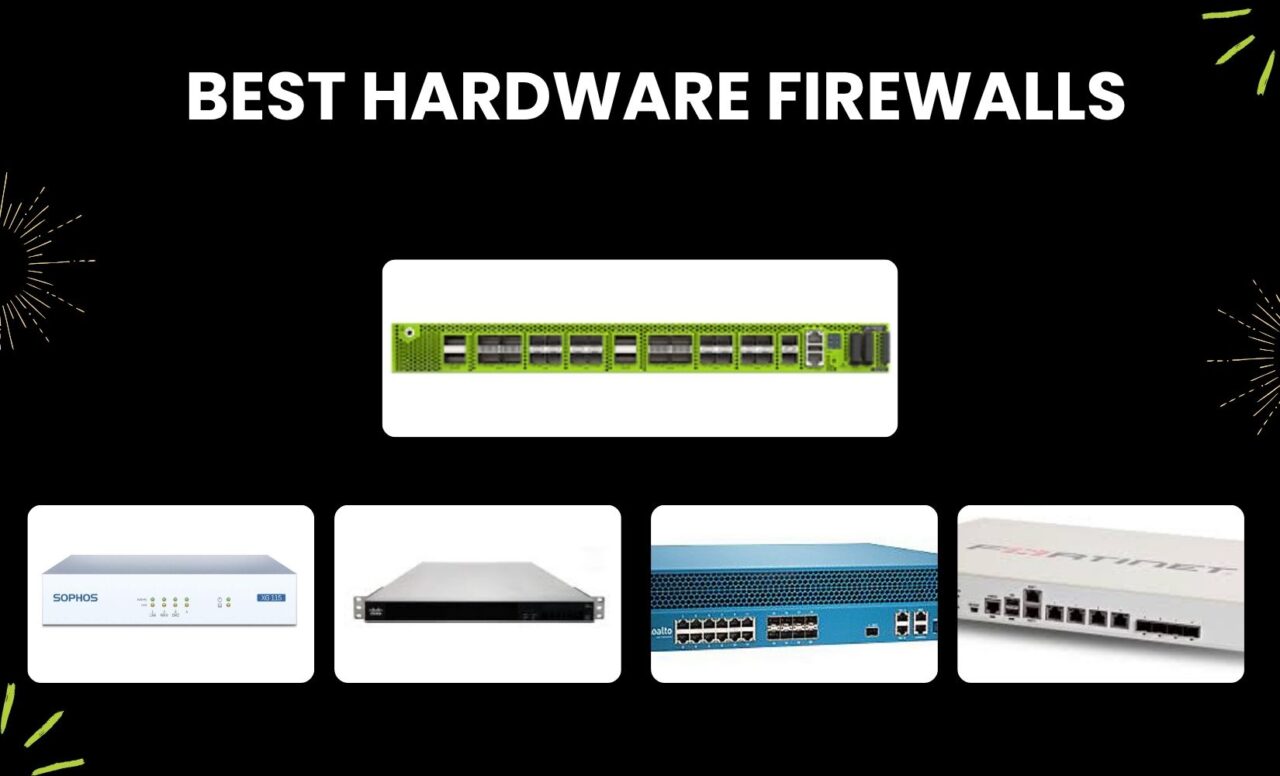Hardware Firewalls – Leading Brands and Their Role in Modern Enterprises
What are Hardware Firewalls?
Hardware firewalls are physical devices that act as a secure barrier between a business’s internal network and external threats from the internet. Unlike software firewalls installed on individual devices, hardware firewalls protect the entire network from a central point, offering robust and scalable security for enterprises.
Leading Brands in Hardware Firewalls:
- Fortinet (FortiGate Series)
- Known for its FortiGate Next-Generation Firewalls (NGFWs) that offer advanced threat protection, SD-WAN integration, and high performance with AI-driven analytics.
- Palo Alto Networks (PA-Series)
- Delivers deep packet inspection, machine learning-based threat detection, and identity-aware access controls through its Next-Generation Firewalls.
- Cisco (Firepower Series)
- Offers strong integration with other Cisco security tools and provides intrusion prevention, URL filtering, and advanced malware protection.
- Sophos (XG and XGS Series)
- Emphasizes synchronized security with endpoint solutions and offers intuitive management and real-time threat intelligence.
- Juniper Networks (SRX Series)
- Known for scalable and high-performance firewalls, especially suited for service providers and large enterprises with complex infrastructures.
- WatchGuard
- Offers easy-to-deploy and manage UTM (Unified Threat Management) solutions, ideal for SMBs and distributed environments.
How Hardware Firewall Servers modern Enterprises:
- Centralized Security Management: Monitor and control traffic across all endpoints from one interface.
- Advanced Threat Protection: Blocks malware, ransomware, and zero-day attacks with real-time threat intelligence.
- Scalability: Supports growing businesses with modular and high-throughput models.
- Reduced Network Latency: Built-in processors and optimization features for high-speed performance.
- Secure Remote Access: VPN and SSL support for hybrid and remote work environments.
- Compliance & Auditing: Helps meet regulatory requirements like GDPR, HIPAA, and PCI-DSS.
In short, hardware firewalls are foundational to modern enterprise cybersecurity strategies, offering a combination of speed, control, and comprehensive protection that software solutions alone can’t match.

